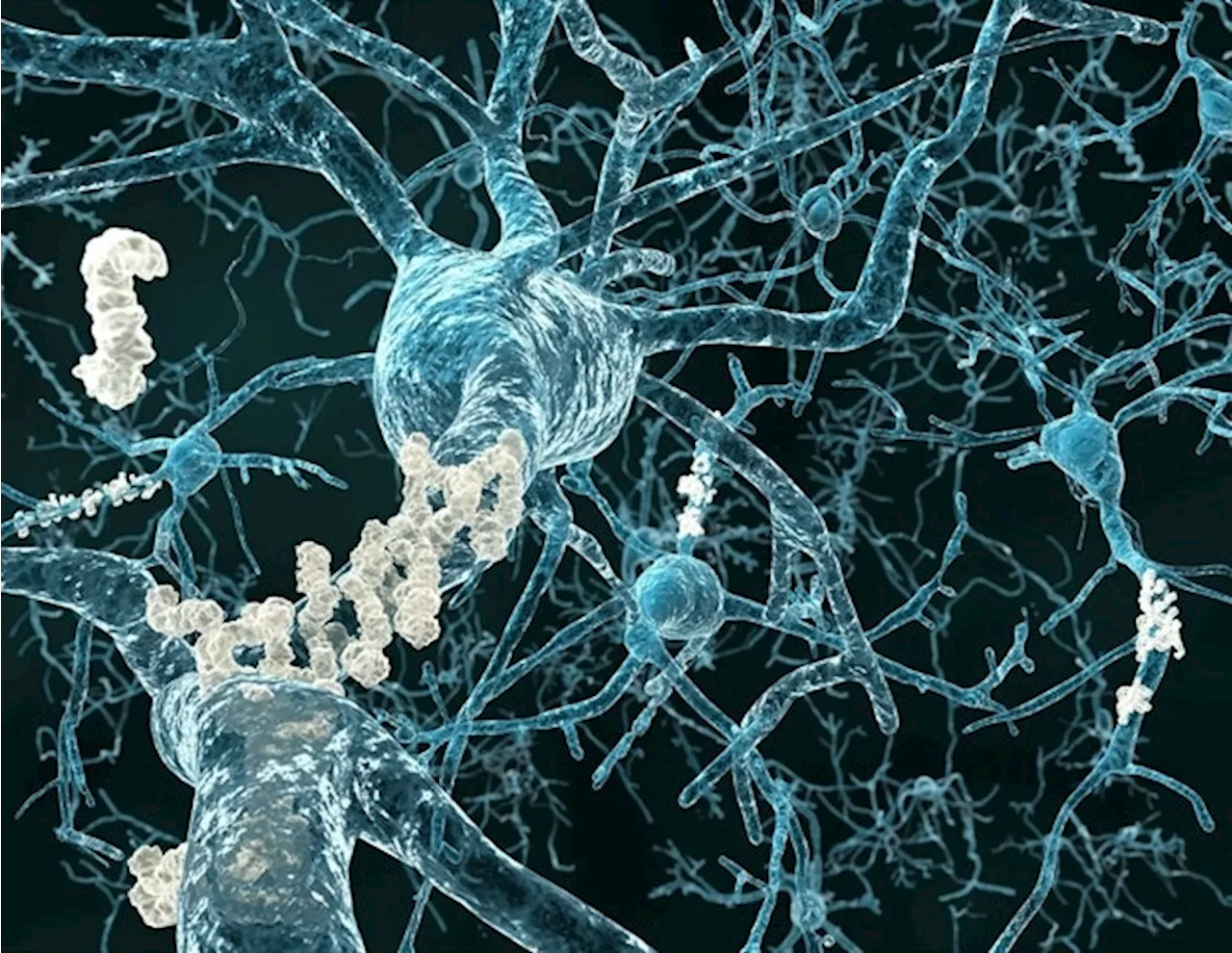The National Institutes of Health has awarded Joyita Dutta, professor of biomedical engineering at the University of Massachusetts Amherst, $3.9 million over five years to study if wearable sleep trackers can predict blood biomarkers of Alzheimer's disease in at-risk individuals.
University of Massachusetts AmherstSep 11 2024 The National Institutes of Health has awarded Joyita Dutta, professor of biomedical engineering at the University of Massachusetts Amherst, $3.9 million over five years to study if wearable sleep trackers can predict blood biomarkers of Alzheimer's disease in at-risk individuals.
Although she doesn't see wearable devices as a substitute for clinical approaches to detect Alzheimer's disease or cognitive change, they could be a tool for flagging at-risk individuals and serve as an early warning system. The data from these wearables will be compared to new blood tests measuring amyloid and tau proteins, key early biomarkers of Alzheimer's disease. This assessment will be repeated after two years to detect possible changes.
Alzheimer's Disease Blood Genetic
United Kingdom Latest News, United Kingdom Headlines
Similar News:You can also read news stories similar to this one that we have collected from other news sources.
 NIH awards $6.9 million to prepare a potential Alzheimer's treatment for future clinical trialsA multidisciplinary team of scientists led by Carlo Ballatore, Ph.D., at University of California San Diego and Kurt Brunden, Ph.D., at the University of Pennsylvania has been awarded a $6.9 million grant from the National Institute on Aging (NIA) to prepare a potential disease-modifying Alzheimer's treatment for future clinical trials.
NIH awards $6.9 million to prepare a potential Alzheimer's treatment for future clinical trialsA multidisciplinary team of scientists led by Carlo Ballatore, Ph.D., at University of California San Diego and Kurt Brunden, Ph.D., at the University of Pennsylvania has been awarded a $6.9 million grant from the National Institute on Aging (NIA) to prepare a potential disease-modifying Alzheimer's treatment for future clinical trials.
Read more »
 National study shows varying ability across US to get Alzheimer's or other dementia diagnosisWith new medications on the market or in the works for Alzheimer's disease and other kinds of dementia, a new study suggests that getting the diagnosis needed to access these new treatments may depend on where you live.
National study shows varying ability across US to get Alzheimer's or other dementia diagnosisWith new medications on the market or in the works for Alzheimer's disease and other kinds of dementia, a new study suggests that getting the diagnosis needed to access these new treatments may depend on where you live.
Read more »
 Cancer drug could treat early-stage Alzheimer's disease, study showsA type of drug developed for treating cancer holds promise as a new treatment for neurodegenerative diseases such as Alzheimer's, according to a study by researchers at Penn State, Stanford University and an international team of collaborators.
Cancer drug could treat early-stage Alzheimer's disease, study showsA type of drug developed for treating cancer holds promise as a new treatment for neurodegenerative diseases such as Alzheimer's, according to a study by researchers at Penn State, Stanford University and an international team of collaborators.
Read more »
 Study reveals genetic link between Alzheimer's disease, lipid metabolism, and coronary artery diseaseThe genetic overlap between Alzheimer's disease (AD) (a neurodegenerative disorder causing memory loss and cognitive decline), lipid profiles, and coronary artery disease (CAD).
Study reveals genetic link between Alzheimer's disease, lipid metabolism, and coronary artery diseaseThe genetic overlap between Alzheimer's disease (AD) (a neurodegenerative disorder causing memory loss and cognitive decline), lipid profiles, and coronary artery disease (CAD).
Read more »
 Trauma exposure accelerates brain aging which can lead to Alzheimer's disease, study suggestsAs the median age of our population rises, so does the number of people diagnosed with Alzheimer's disease. With advances in technology, it's easier to determine brain age and identify blood-based Alzheimer's disease biomarkers. A new study links trauma exposure with brain age blood markers of risk for Alzheimer's disease.
Trauma exposure accelerates brain aging which can lead to Alzheimer's disease, study suggestsAs the median age of our population rises, so does the number of people diagnosed with Alzheimer's disease. With advances in technology, it's easier to determine brain age and identify blood-based Alzheimer's disease biomarkers. A new study links trauma exposure with brain age blood markers of risk for Alzheimer's disease.
Read more »
 NIH study finds routine lab tests fall short in diagnosing long COVIDA National Institutes of Health (NIH)-supported study has found that routine lab tests may not be useful in making a long COVID diagnosis for people who have symptoms of the condition
NIH study finds routine lab tests fall short in diagnosing long COVIDA National Institutes of Health (NIH)-supported study has found that routine lab tests may not be useful in making a long COVID diagnosis for people who have symptoms of the condition
Read more »
